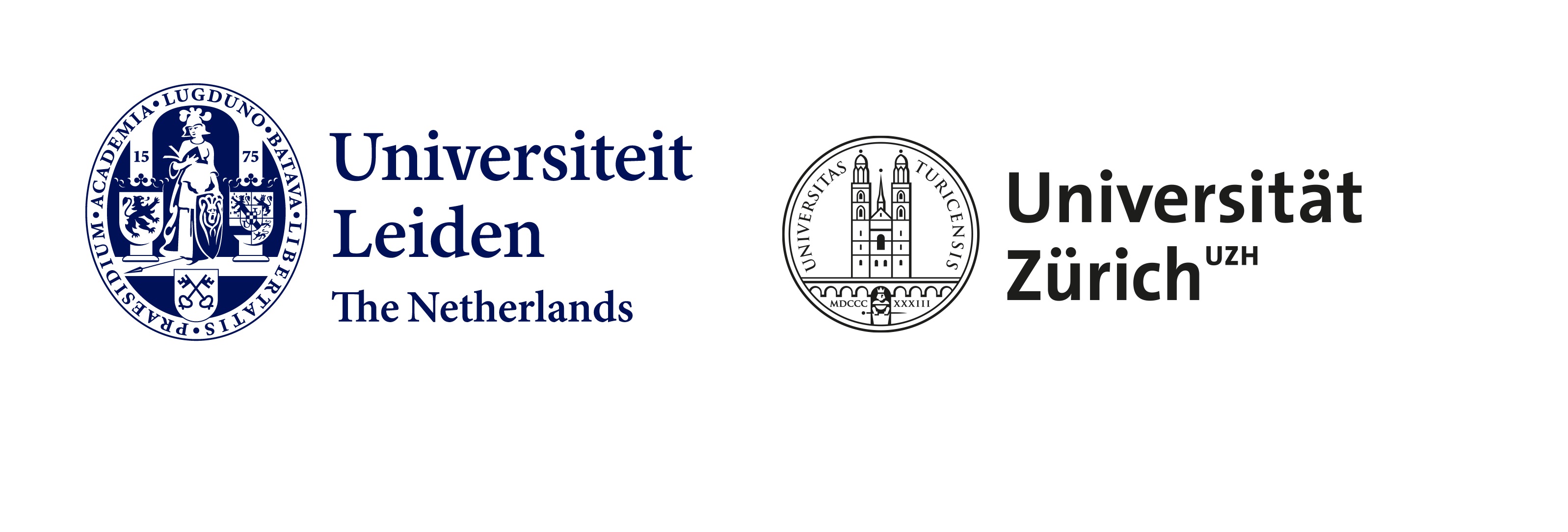Past Excursions (2023-)
Excursions and practical exercise courses at museums (Übungen) are an essential part of our programmes, offering art history students hands-on experience with original artworks, as well as valuable insights into curatorial practices and museum management. Offered every semester both in Switzerland—home to rich and diverse collections of East Asian art—and abroad, these activities deepen students’ understanding, enhance their visual analysis skills, and foster understanding of a connection between theory and practice.
Excursion: East Asian Art Collections in Geneva (June 11–12, 2025)
This excursion explores the rich collections of East Asian Art objects at several museums in Geneva: the Musée d'ethnographie, the Musée Ariana and the Fondation Baur. The three institutions keep diverse art objects produced in East Asia related to different cultural, social, spatial and temporal contexts. Through guided tours and hands-on art sessions led by museum professionals, students will engage directly with art objects, improving their object-handling skills while enhancing their abilities in visual analysis, interpretation, and critical thinking.
By facilitating direct engagement with art objects, this course also seeks to deepen students’ contextual understanding of objects in a museum setting, demonstrating how art and material culture intersect with historical narratives and cultural practices related to diverse institutional contexts (e.g. art and ethnographic museum, public and private collection). For example, the course will invite reflections on the entanglements of art collections and diplomacy, a theme arising from Geneva's historical and current relevance to the globally oriented dialogue. Moreover, it provides insights into the operation of cultural heritage institutions by acquainting participants with museum
practices, exhibition design, and curatorial methodologies, essential for future professional development.
The excursion will be complemented by a preparatory session before trip, as well as preparatory assignments through which students will familiarize themselves with the objects and collections kept by the three institutions, and the academic discourses relevant for the study of the objects and institutions in question.
East Asian Art Collections in the Netherlands (Oct. 27–Nov. 1, 2024)

This excursion explored the rich and distinctive collections of East Asian Art preserved in the Netherlands on both practical and theoretical levels, including a workshop jointly organized with Leiden University students. Through a series of museum visits and object-handling sessions guided by museum curators and private collectors, it offers students a firsthand and practical opportunity to engage directly with art objects.
Through a series of museum visits and object-handling sessions guided by museum curators and private collectors, it offers students a firsthand and practical opportunity to engage directly with art objects. The history of East Asian collections in the Netherlands is intertwined with centuries of trade, diplomacy, and cultural exchange between the Low Countries and East Asia. While the Dutch East India Company (VOC) played a significant role in establishing economic, political, and cultural connections, it is not the sole agent of this exchange. These interactions facilitated the acquisition of East Asian objects, which subsequently found their place in private collections, royal cabinets of curiosities, and eventually, public museums and institutions. The course aims to provide insight into these rich histories and their lasting effects.
By facilitating direct engagement with art objects, this course aims to enhance students' skills in visual analysis, interpretation, and critical thinking. It also seeks to deepen their contextual understanding of objects in museum settings, exposing how art and material culture intersect with historical narratives and cultural practices. Moreover, it provides insight into the operation of cultural heritage institutions by acquainting students with museum practices, exhibition design, and curatorial methodologies, essential for students’ professional development.
The course comprised three in-class preparatory sessions in Zurich and a four-day on-site program (six days including travel time) featuring visits to various locations including the Rijksmuseum in Amsterdam and the National Museum of Ethnology in Leiden. The course also includes a joint workshop titled ”Animal Studies and East Asian Art” organized with Leiden University where students will have opportunity to collaborate with their peers from Leiden University.
